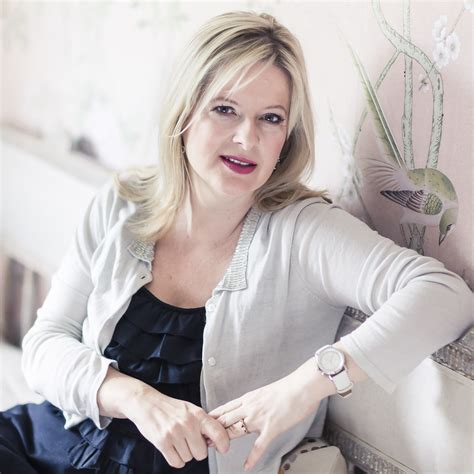A Quote by Ada Yonath
I don't distinguish between men and women. This is irrelevant to me, and I don't think in these terms.
Quote Topics
Related Quotes
I don't really think of my narrator in terms of gender. I think of them much more in basic emotional terms. As an author, you either love yer peeps or you don't. There's no such thing as a "masculine voice" or a "feminine voice". Men and women think and speak and act in, like, a zillion different ways. Also, as a gross generalization: women tend to live closer to their feelings than men.
Many women, particularly young women, have claimed the right to use the most explicit sex terms, including extremely vulgar ones, in public as well as private. But it is men, far more than women, who have been liberated by this change. For now that women use these terms, men no longer need to watch their own language in the presence of women. But is this a gain for women?
Except for their genitals, I don't know what immutable differences exist between men and women. Perhaps there are some other unchangeable differences; probably there are a number of irrelevant differences. But it is clear that until social expectations for men and women are equal, until we provide equal respect for both sexes, answers to this question will simply reflect our prejudices.
It is essential that God created men and women to be one, as it is said in the first chapters of the Bible. So I think even if our culture is against marriage as essential form of relations between human beings, between women and men. I think our nature is always present, and we can understand it if we will understand it.
We think that we live in a heterosexual society because most men are fixated on women as sexual objects; but, in fact, we live ina homosexual society because all credible transactions of power, authority, and authenticity take place among men; all transactions based on equity and individuality take place among men. Men are real; therefore, all real relationship is between men; all real communication is between men; all real reciprocity is between men; all real mutuality is between men.
If there's a distinction between men and women, I don't pay attention to it. Honestly, I don't see it. I think all of us are part feminine and part masculine. I'm sure sociologists can come up with distinctions about what's different between men and women, but for every example you can give about what a woman does, you can come up with an opposite example of other women who don't do that. Those are more artificial distinctions, I think.




































